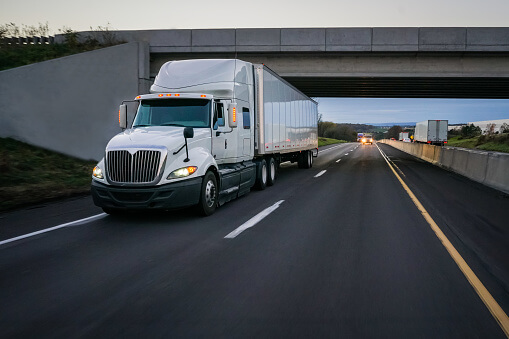While larger vehicles are often found to be in many ways safer in the event of a car accident, occupants of smaller passenger vehicles are at greater risk of serious or fatal injuries when colliding with an SUV or other large vehicle.
ScienceNordic recently reported you are about 40 percent less likely to be injured or killed if you drive a new car. But newer, larger vehicles are more dangerous to other motorists on the road.
Another unseen risk is the increasing number of electric and hybrid vehicles on the road. Battery weight means these vehicles, including Teslas, weigh as much as 25 percent more than vehicles of similar model class.
SUVs, Injury Risks in Chicago Traffic Accidents
However, much of the risk still lies with America’s love affair with pickup trucks and sport utility vehicles (SUVs).
The L.A. Times reported last year that Ford sold more than 820,000 trucks, or 93 trucks every hour, while SUV sales also hit record highs. Three years ago, SUVs and trucks accounted for half of the U.S. sales market. They now represent about two-thirds of all new vehicles sold.
While safety features like additional airbags and accident-avoidance technologies contribute to the safety of newer vehicles, the primary reason motorists are safer in new rides is one of simple physics: these large trucks and SUVs withstand greater forces upon impact, even if it comes at the expense of smaller, older vehicles involved in collisions.
Trucks and SUVs have their own disadvantages. Lack of weight over the rear axle can make two-wheel-drive trucks challenging to drive in Chicago winters, and most larger vehicles have a higher center of gravity, which can make them more prone to rollover.
Liability of Larger Vehicles in Chicago Traffic Accidents
Generally speaking, a vehicle’s size will have no bearing when it comes to liability in the event of a collision. However, there are important exceptions. For example, we all know that one driver who thinks he is invincible to the perils of winter driving because of a large vehicle or four-wheel drive.
All drivers owe a duty of care to operate their vehicles in a responsible manner, given present road and driving conditions. Illinois’ modified comparative fault law also means those found to be more than 50 percent at fault for a collision may be barred from seeking a recovery. Under Illinois law, the plaintiff will have to prove that an at-fault driver’s negligence substantially caused a collision that resulted in personal injury or damage. Damages may include compensation for personal property, medical bills, rehabilitation, in-home care, disability, lost wages and pain and suffering.
The Illinois statute of limitations for filing an injury case is two years. Motor vehicle collisions that result in serious or fatal injury are complex cases. An experienced Chicago personal injury law firm should be counted on to provide knowledge and resources to victims and their families. Accident evaluation and reconstruction are best done in a timely manner, especially if winter weather or other transient factors are alleged to have contributed to a collision.
So by all means, buy that larger, newer truck or SUV if you must. Just be attentive to your fellow motorists sharing the road.
















